Yard Features That May Be Banned In Tennessee Neighborhoods
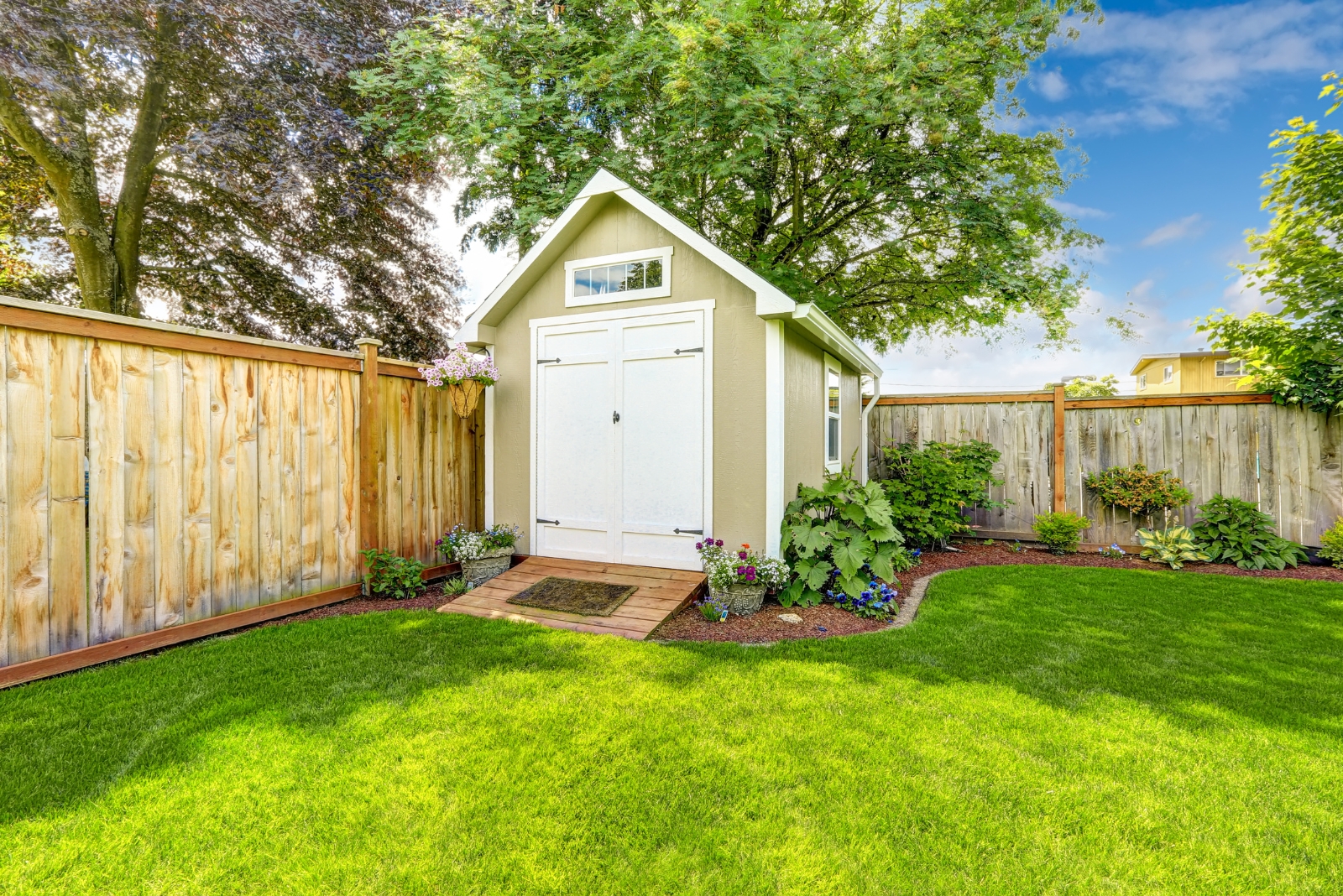
Moving to a Tennessee neighborhood? Before you start planning your dream yard, you might want to check your local HOA rules or municipal codes. Many communities have restrictions on what you can and can’t have in your outdoor space.
Understanding these potential bans can save you time, money, and awkward conversations with your neighbors.
1. Towering Backyard Sheds
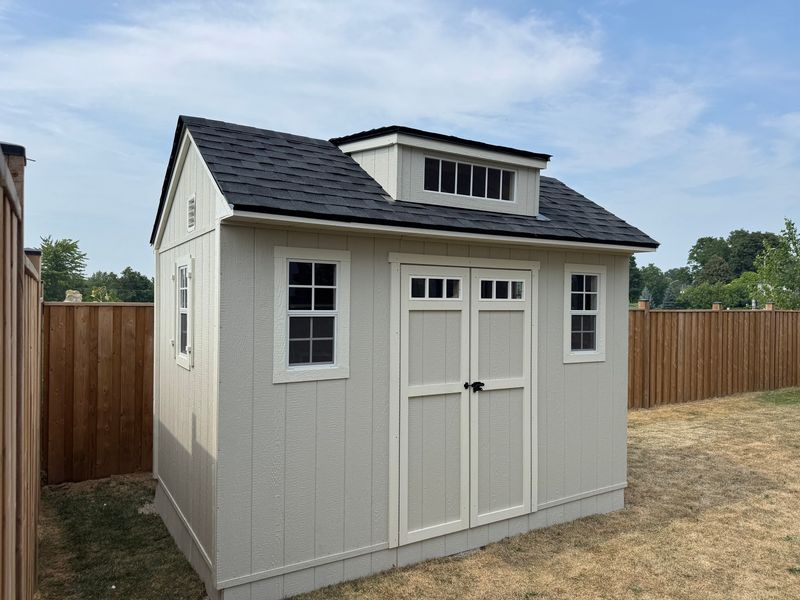
Many Tennessee HOAs restrict oversized storage buildings that exceed certain height limitations. Typically, structures taller than 10-12 feet might require special permission or be prohibited entirely.
The concern stems from how these structures can block neighbors’ views and potentially decrease surrounding property values. Before purchasing or building a shed, always review your neighborhood covenants.
2. Front Yard Vegetable Gardens
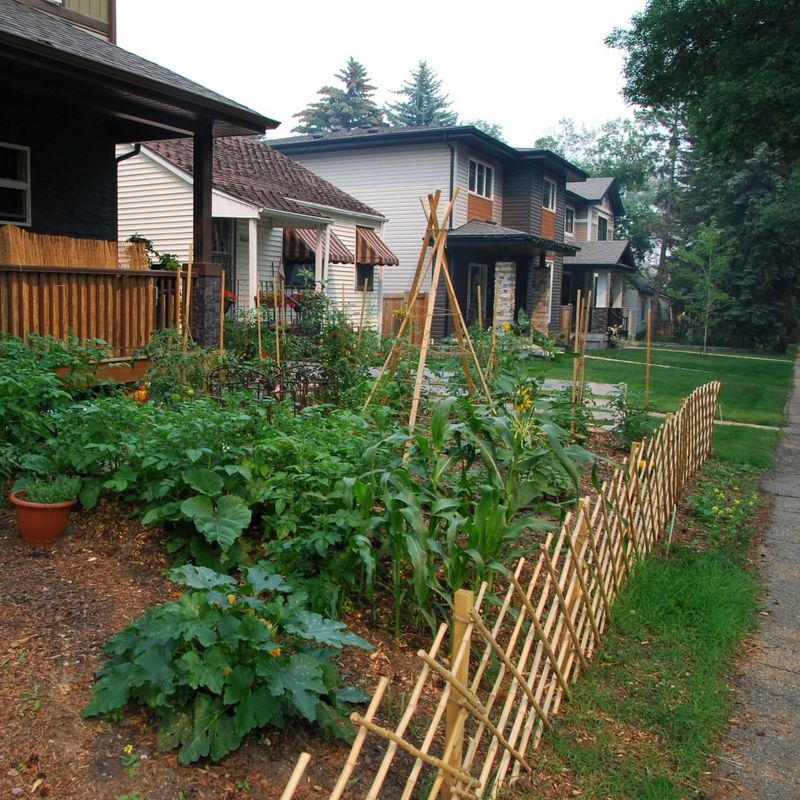
Growing tomatoes and zucchini in your front yard? Not so fast! Several Tennessee communities prohibit vegetable gardens in front yards, considering them unsightly or inappropriate for street-facing spaces.
Rules often specify that edible plants must be kept to backyard areas only. Some neighborhoods make exceptions for decorative herbs or small container gardens that maintain a manicured appearance.
3. Chicken Coops and Livestock
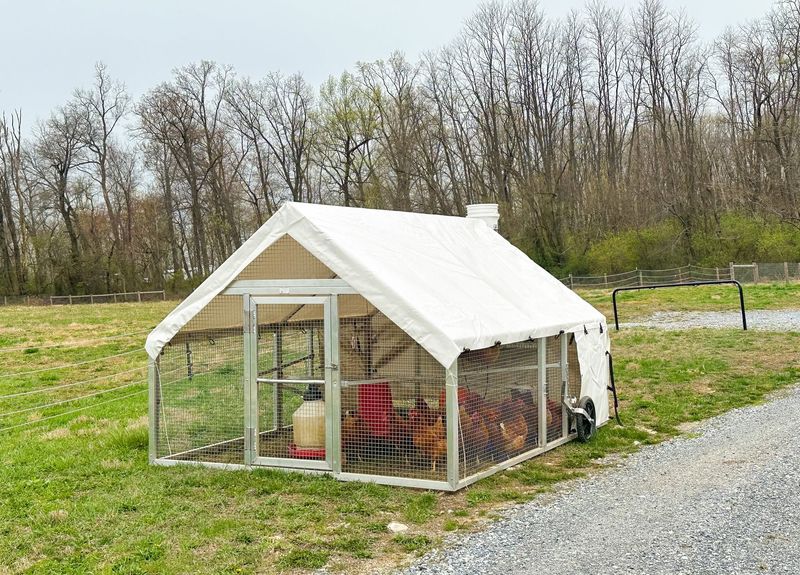
Dreaming of farm-fresh eggs? Unfortunately, many Tennessee suburban areas restrict keeping chickens or other livestock, even in small numbers. The bans often cite noise concerns, odors, and the potential to attract predators or pests.
Urban chicken-keeping has gained popularity, but restrictions vary widely. Some communities permit a limited number of hens (no roosters) with proper enclosures, while others forbid them completely.
4. Colorful House Paint
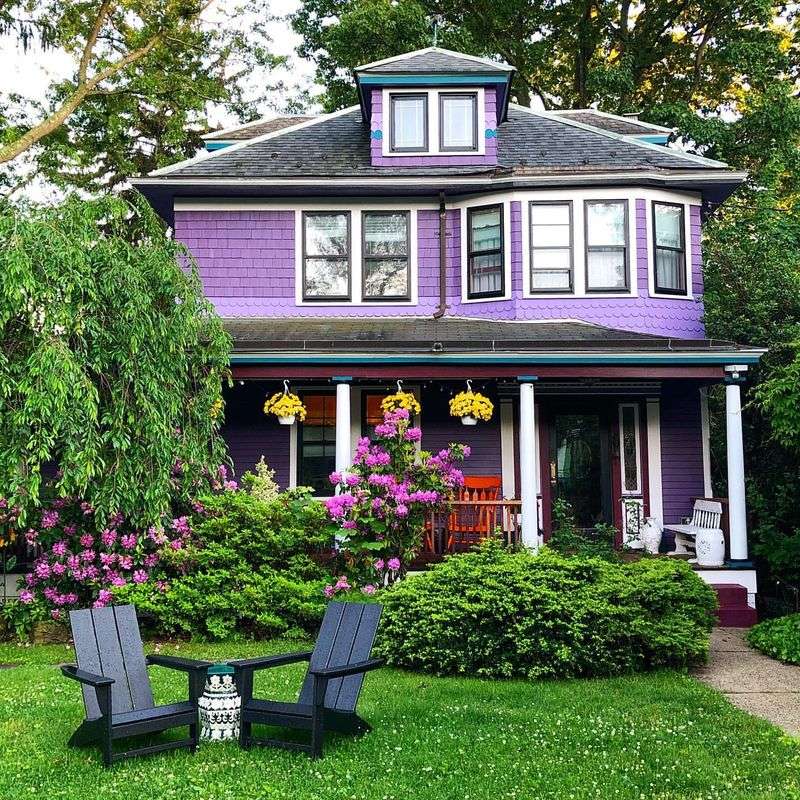
Bold exterior colors might express your personality, but they could violate neighborhood standards in many Tennessee communities. HOAs often maintain strict color palettes that homeowners must choose from.
Bright purples, hot pinks, and electric blues typically face the most resistance. Even trim colors and front doors may need approval before you break out the paintbrushes. The goal is maintaining property values through visual cohesiveness.
5. Visible Clotheslines

Hanging laundry outside might seem eco-friendly, but visible clotheslines are frequently prohibited in Tennessee planned communities. Developers and HOAs often view them as unsightly or suggesting a lower economic status.
Some neighborhoods permit retractable or screened clotheslines that aren’t visible from the street. Tennessee’s variable weather patterns make outdoor drying less practical during humid summers and wet seasons anyway.
6. Recreational Vehicles Parked At Home
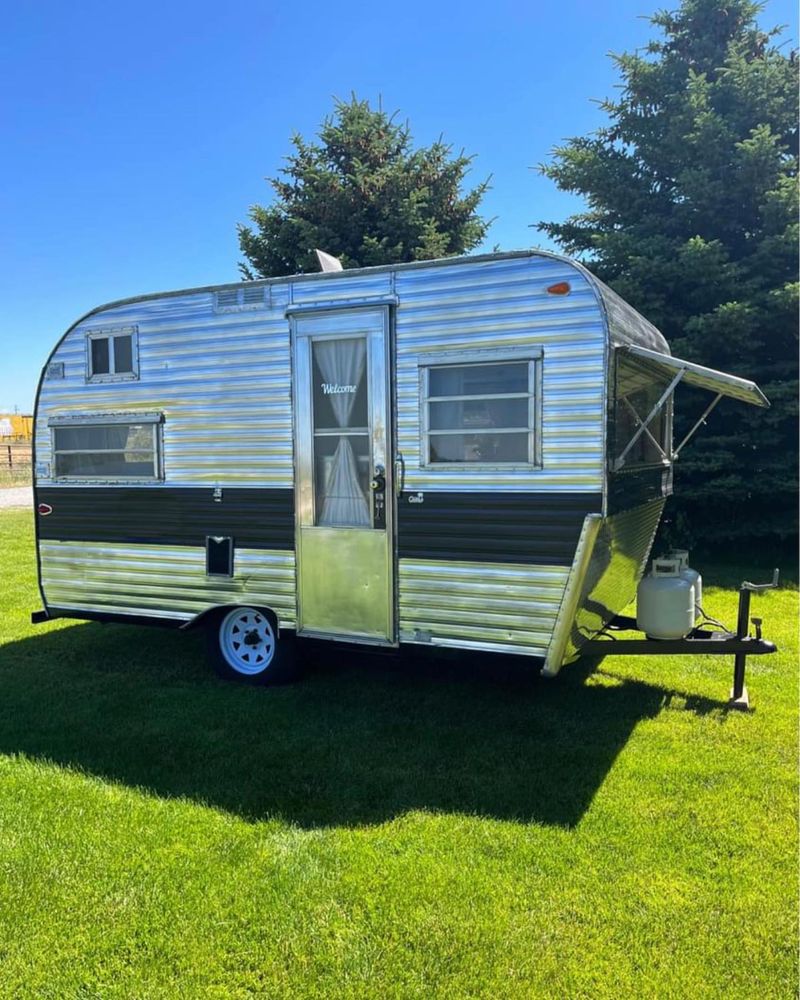
That camper or boat you’re planning to park in your driveway might violate local rules. Many Tennessee neighborhoods prohibit storing recreational vehicles, boats, or campers in visible areas.
The restrictions typically focus on front yards and driveways. Some communities provide designated storage areas for these larger vehicles, while others require residents to find off-site storage solutions completely away from the neighborhood.
7. Unmaintained Lawns
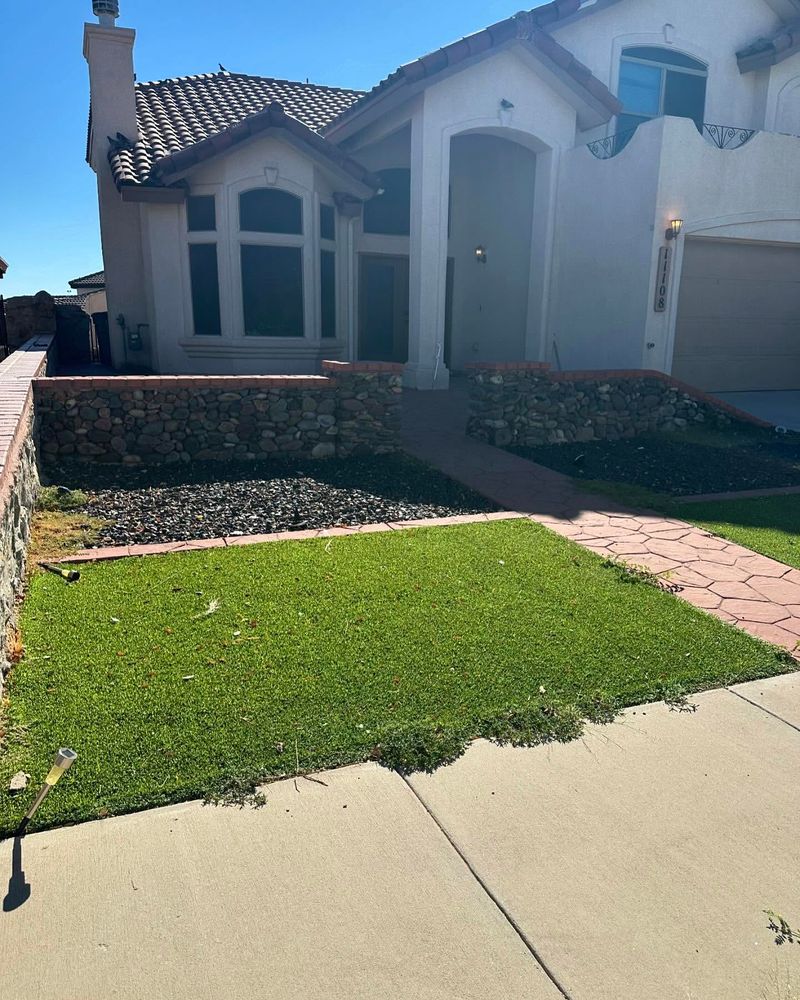
Letting your grass grow wild isn’t an option in most Tennessee planned communities. HOAs and municipalities frequently specify maximum grass heights (often around 6-10 inches) before violations occur.
Natural or native landscaping may also face scrutiny unless specifically approved. The reasoning connects to both aesthetics and practical concerns like pest control. Some communities even mandate specific types of grass suitable for Tennessee’s climate.
8. Above-Ground Swimming Pools
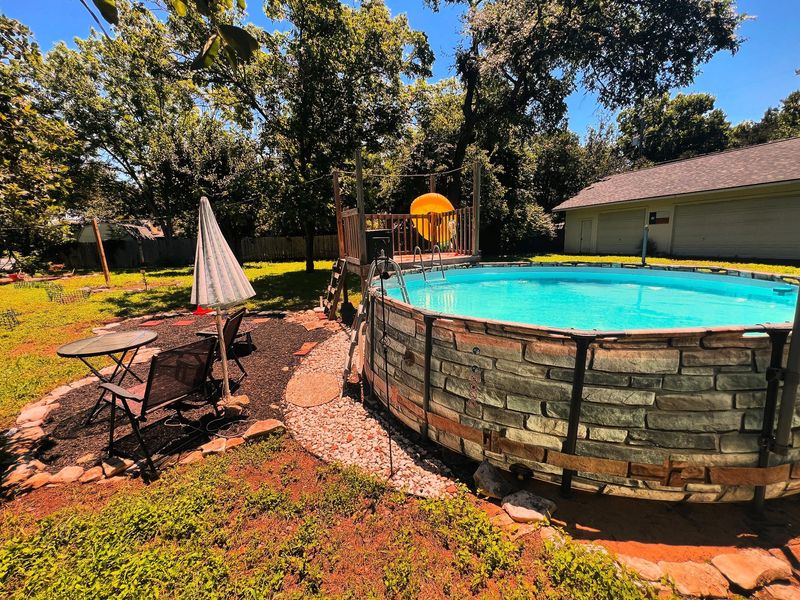
Seeking summer relief with an above-ground pool? Many Tennessee neighborhoods prohibit them entirely. The restrictions typically cite aesthetics, safety concerns, and property value preservation as justifications.
In-ground pools often face fewer restrictions but still require approval and proper fencing. Some communities limit pool size or mandate privacy screening. Temporary kiddie pools usually escape regulation if they’re emptied regularly.
9. Excessive Holiday Decorations
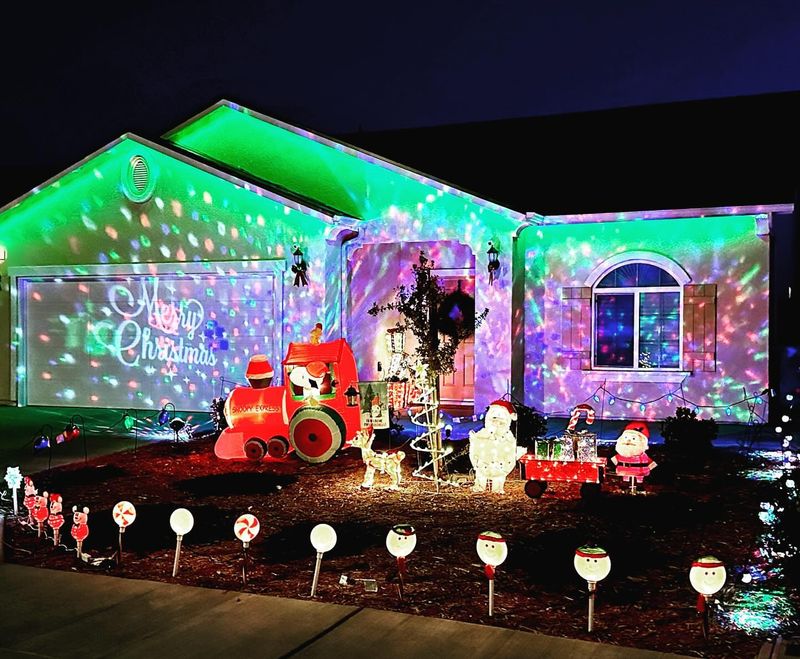
Planning an elaborate Christmas light display? Tennessee neighborhoods may restrict the timing, size, and duration of holiday decorations. Rules typically limit how early decorations can go up and how long they can remain.
Particularly large displays that create traffic issues or excessive noise might face additional scrutiny. Some communities also regulate decorations that could be considered offensive or inappropriate for family neighborhoods.
10. Unapproved Fencing Materials
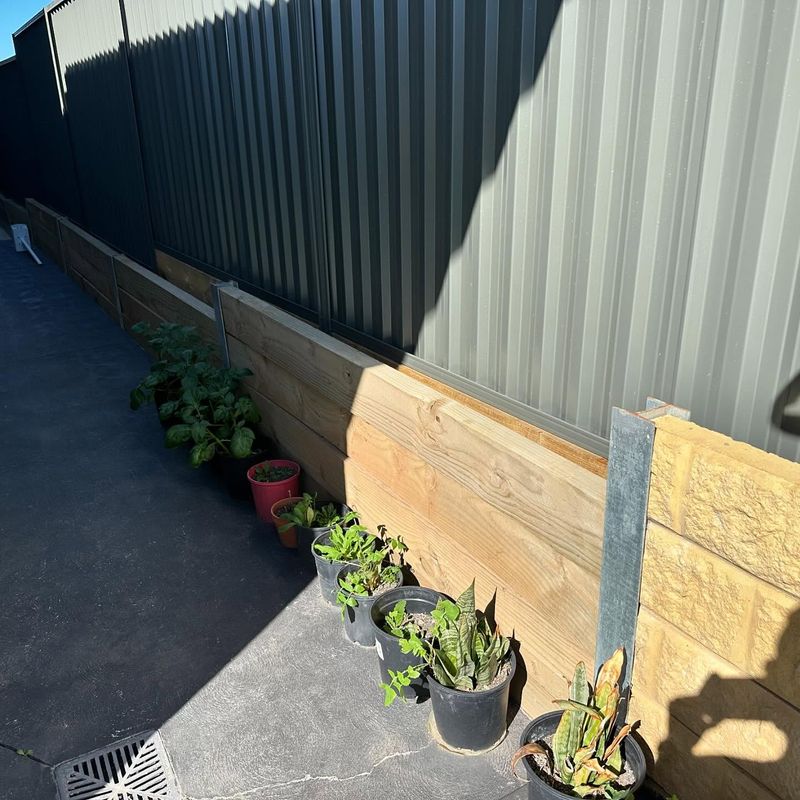
Fence restrictions are among the most common yard regulations in Tennessee communities. Chain-link, plastic, and certain wooden fence styles might be prohibited entirely, while height limits typically range from 4-6 feet.
Many neighborhoods require uniform fencing materials and styles throughout the community. Front-yard fencing faces the strictest limitations, with some areas prohibiting it completely. Always get approval before installing any boundary markers.
11. Non-Native Plant Species
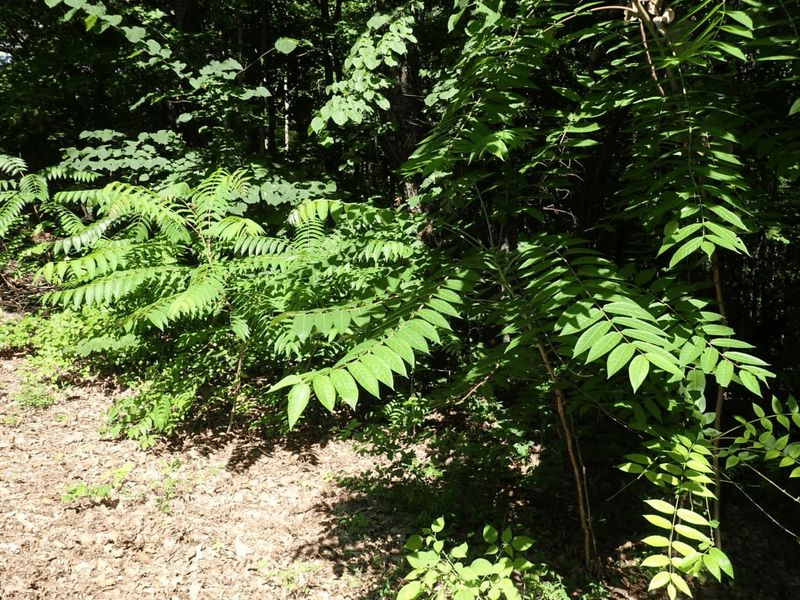
Certain invasive plants are increasingly banned in Tennessee communities due to their tendency to spread aggressively and harm local ecosystems. Common culprits include Bradford pear trees, English ivy, and certain bamboo varieties.
Beyond environmental concerns, some neighborhoods restrict plants that produce excessive pollen, attract unwanted wildlife, or grow too tall. Native plant requirements are becoming more common as communities embrace sustainable landscaping practices.
12. Visible Trash Containers
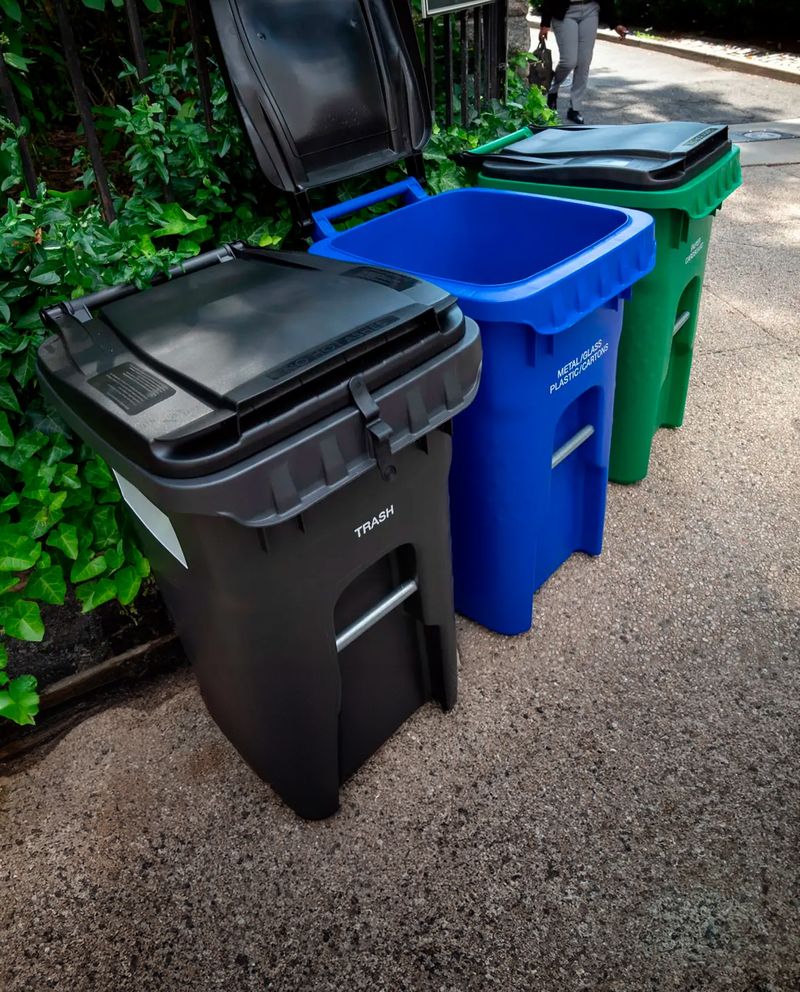
Leaving garbage cans visible from the street is prohibited in many Tennessee planned communities. Rules typically require trash containers to be stored out of sight except on collection days.
Some neighborhoods mandate specific storage solutions like screened areas or garage placement. The restrictions aim to maintain clean street appearances and prevent wildlife issues. Violations can result in warnings and eventually fines if not addressed.






